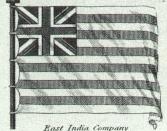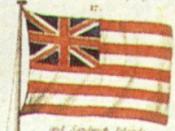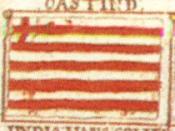Their has been taxation throughout Britain's history since the very start. The most known period of time of taxation has been about 1763 to 1774. Their had been many different taxes made, the people didn't response to the actions as they had expected. Their had been many different actions taken upon the people to prevent the loss of more of their money. During this time the people created the quote "No taxation without representation". Their had been many different acts made during that time, they were; Sugar Act, Stamp Act, Quartering Act, Declaratory Act, Townsend Acts, Tea Act, and last but not least Intolerable Acts. The acts were not all taxing acts, some were the actions, or reactions given off to support their army. It was all linked together in one way or another that affected each in its own way.
The year was 1763; the British were some of the people that were taxed more than any other people in the entire world.
The cost of governing and defending Britain's empire was very hard to handle. Those costs had multiplied during the French and Indian war. While Britain struggled with its heavy debt and taxes, its colonies in America were developing. In April, Lord Bute resigned and finance minister, George Grenville became the new prime minister, he had planned to raise money in the colonies with some new form of taxation.
In 1764 the Sugar Act was the start of a new British policy that was designed to raise more income from the colonies. That law had cut the duty on foreign molasses in half. It was made to lower the tax that would encourage Americans to buy imported molasses and pay the tax rather than risk smuggling; they thought that would increase their tax collection. Their had...



Good Content
Some mechanical errors, a bit monotonus, but good content. Conclusion needs some work. Overall, the essay was straightforward and informative.
0 out of 0 people found this comment useful.